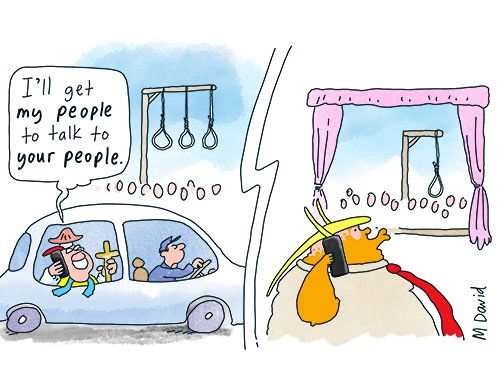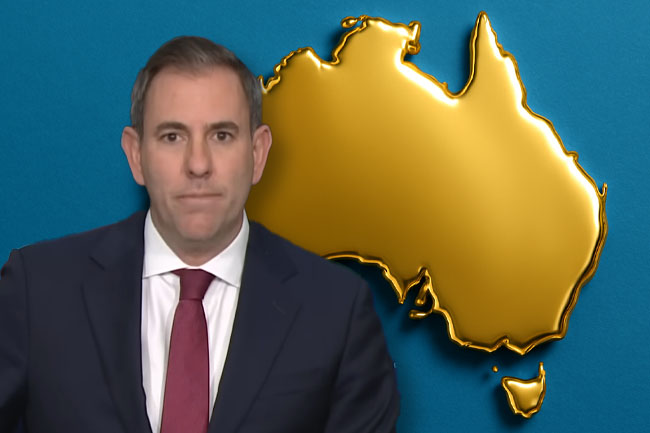Elections in the world’s largest democracies in 2024 will shape the future of the world for years to come, as Alan Austin reports.
*Also listen to the audio version of this article on Spotify HERE.
OBSERVERS CONCERNED about global democracy are now fidgeting nervously at the prospect of American voters abandoning their 235-year history of “We the people” in favour of a dictatorship ruled by Donald Trump. Several other electoral contests are generating similar apprehension.
More voters will go to the polls in 2024 than in any year in history, with elections to be fought in all four of the largest democracies – India, the U.S., Indonesia and Pakistan. Other high-population countries with forthcoming ballots include Bangladesh, Mexico, Iran, the UK, South Africa and Russia. Just those ten nations comprise nearly 40% of the world’s population. In total, 56 national polls will be held this year.
So, democracy will be tested mightily in 2024. Vladimir Putin has set Friday 15 March as the date for Russia’s Presidential Election. He is expected to announce the results on the Wednesday prior.
Drift to the Right to continue?
Last year saw several wins for Right-wing parties, including in Argentina, the Netherlands and New Zealand. Military coups tossed out governments in Niger and Gabon, bringing to seven the number of poor African countries where elected presidents have been ejected in the last three years.
Argentinians swapped leftist president Alberto Fernández for Right-wing populist and fanatical libertarian Javier Milei in December. Milei had a promising career as a pop singer until Argentina’s hyperinflation in the 1990s prompted him to switch to politics. A bit like Peter Garrett but without the dance moves.
Milei has been compared with presidents Jair Bolsonaro in Brazil and Donald Trump in the U.S., both of whom were tossed out unceremoniously after one chaotic and violence-ridden term.
However, global election watcher Charles Richardson notes a big difference:
'Neither [Trump nor Bolsonaro] made any secret of being straight-out authoritarians, but Milei seems quite genuinely to be attempting a synthesis of libertarian and authoritarian politics.'
Milei’s success requires curbing inflation, which hit 211% in December.
Voters in the Netherlands elected members of 15 disparate political parties to their parliament last November, complicating the formation of a governing collective. The far-Right Party for Freedom led by Geert Wilders surprised by gaining the most parliamentary seats, with 37 of the 150. Next highest was the leftist Green/Labour party led by another veteran, Frans Timmermans, with just 25. Both leaders are still trying to wrangle a coalition.
In New Zealand, the Right-wing National Party led by Christopher Luxon knocked over the Coalition led so well by Labour’s Jacinda Ardern for five and a half years. Arden handed the prime ministership to Chris Hipkins in January last year, not time enough for him to avoid defeat in November.
Elections to watch in 2024
IA asked Charles Richardson if he is concerned about authoritarianism advancing this year:
“Very much so. I think India is probably the biggest concern, but some trends in Indonesia are also quite alarming. And of course Turkey is a continuing worry. I'd keep an eye on Georgia, too.”
India’s April Election will see the opposition National Developmental Inclusive Alliance, led by Mallikarjun Kharge, challenge Prime Minister Narendra Modi of the Bharatiya Janata Party who has held office for ten years. Modi seems secure.
Indonesians will choose a president next week to replace Joko Widodo who retires due to term limits. Of the three candidates, the winner will probably be either Defence Minister Prabowo Subianto or Ganjar Pranowo of the Indonesian Democratic Party of Struggle.
U.S. November elections
The next nine months will be truly fascinating for political tragics, with former President Donald Trump pursuing a comeback while defending 91 criminal charges in four jurisdictions and multiple civil lawsuits.
Charles Richardson believes:
'[Trump] will definitely be the Republican Party nominee unless some external event intervenes — perhaps a health issue. But I can't see any way he can make up the ground he needs against President Biden, unless the legal cases against him falter badly.'
At least four realities suggest Trump cannot win the November Election and hence may be replaced as Republican candidate by, say, Nikki Hayley:
- Of the hardcore Republicans who backed Trump in last month’s Iowa caucus, 31% said he would be unfit for office if convicted of crimes. One week later, in the New Hampshire primary, 42% said the same.
- The New York Times reported last week that Trump has spent more than US$50 million (AU$76.7 million) on legal fees. He is just starting. Total fees and penalties this year could be more than US$900 million (AU$1.38 billion) — which are dollars not available for campaigning.
- A recent Quinnipiac University poll found Biden leads Trump 50% to 44% — before any criminal case has run. Since a civil defamation court ordered Trump to pay US$83.3 million (AU$128 million) to his rape victim, support among women is 58% to 36% in Biden’s favour.
- More respected Republicans are excoriating Trump each week.
None of those considerations will matter if the Supreme Court rules Trump is ineligible under the Constitution for fomenting an insurrection. We await that judgment.
This column notes the articulate and photogenic Governor of California, Gavin Newsom, is appearing increasingly frequently on the national stage. We do not make predictions, but won’t be surprised if Biden announces in August that he has fulfilled his ambitions, wishes to spend his 80s with his grandkids and anoints Newsom, 56, as his successor.
Another possibility is Pennsylvania Governor Josh Shapiro, 50 — less experienced but more articulate.
In regards to Shapiro, Richardson contends:
“That's a real possibility, but if you put me on the spot I'd bet against it.”
He adds Michigan Governor Gretchen Whitmer, 52, to the options.
We are in for an enthralling year. Buckle up.
*This article is also available on audio here:
Related Articles
- JOHN PILGER: The issue is not Trump, it's us: FLASHBACK 2017
- America’s political killings surge as Trump’s hate speech intensifies
- CARTOONS: Beware the man with the chicken tikka tan!
- Three years after January 6, Trump remains grave threat to democracy
- Trump’s 'greatest economy': A lie that could end America's experiment
 This work is licensed under a Creative Commons Attribution-NonCommercial-NoDerivs 3.0 Australia License
This work is licensed under a Creative Commons Attribution-NonCommercial-NoDerivs 3.0 Australia License
Support independent journalism Subscribe to IA.















